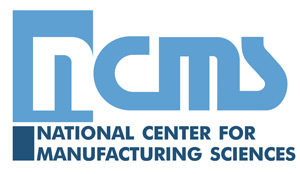Pending ITAR Regulations Threaten U.S. Robotics Industry
Of specific concern are proposed controls on all UGVs that are *capable* of off-road or amphibious operation. A UGV is defined as a vehicle which is fitted with controls for either manned OR unmanned operation. Depending on how “off-road” is interpreted, the controls could apply to autonomous or remotely controlled vehicles used in agriculture, mining, construction, forestry, resource and scientific exploration, and oil/gas extraction. If indoor robots are considered “off-road”, then vehicles used in maintenance, inspection, cleaning, manufacturing, warehousing, and entertainment (e.g., toys) would be controlled. Even on-road vehicles such as SUVs would be covered, since they have an off-road *capability*. And since ITAR covers parts, components, software, and technical data as well as complete systems, sensors, computer vision software, planning software, and design specifications would be controlled if they are specifically designed for off-road vehicles.
What are the ramifications to our members?
- Companies will need a State Department license to sell an ITAR-controlled vehicle abroad. The customer, whether in the U.S. or abroad, will need to secure the vehicle at all times and get licenses for any nationals of third-countries who operate and service it. Internally, companies will need licenses for any foreign nationals who are developing or handling the technology.
- Universities will not be able to publish any papers that reveal how off-road UGVs operate without government approval, even if the research is not funded by the government. They will also need licenses for foreign nationals to conduct the research, and licenses are granted at the discretion of the State Department.
See the proposed regulations.
This is very serious issue for many if not most of our member organizations. RTC leadership is coordinating a response together with AUVSI and others to send to the appropriate individuals at the Commerce and State departments
